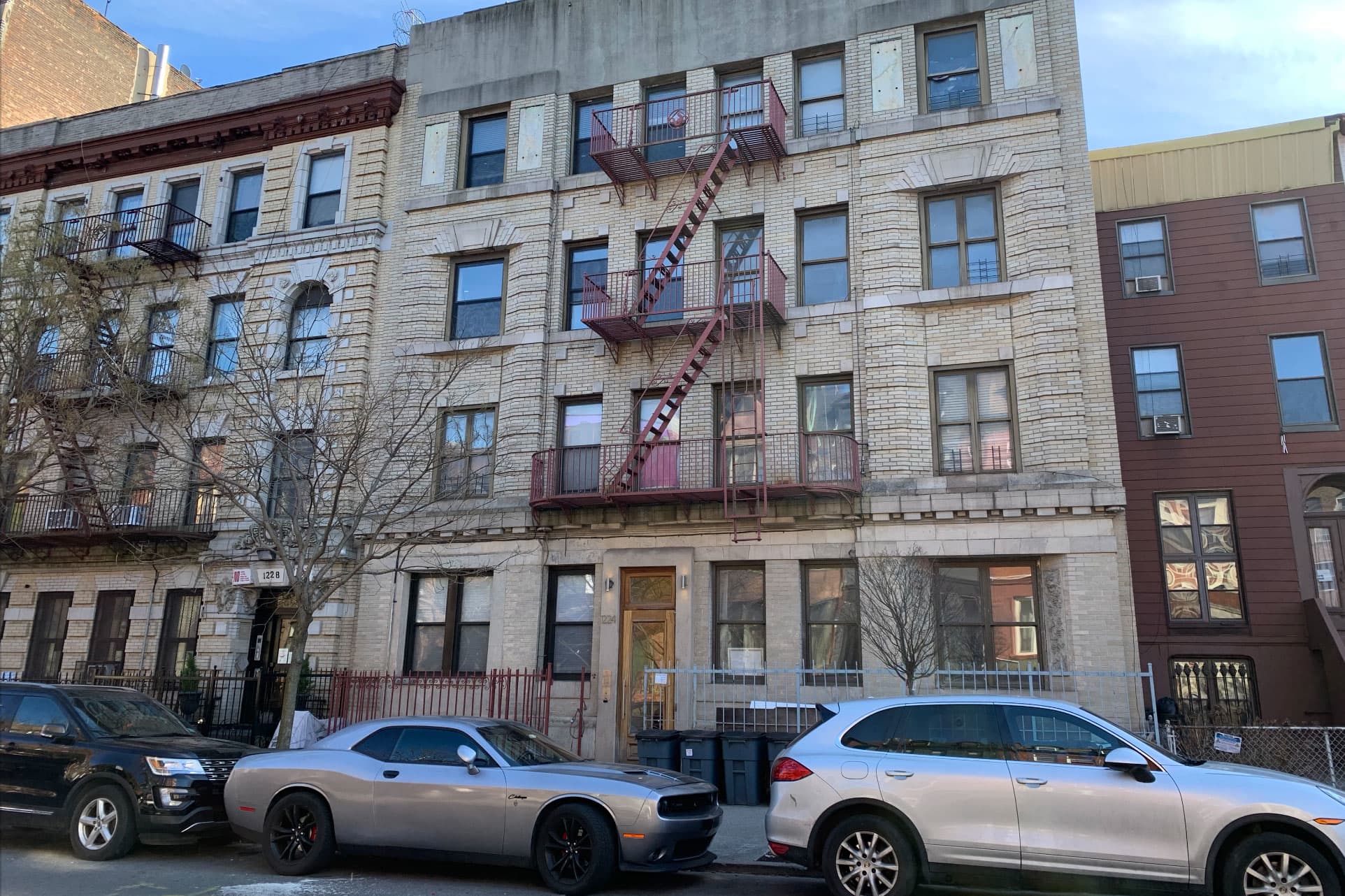In a four-story apartment building in Brooklyn, New York, a very small company is implementing a very big idea: Electrify every building in the United States by leasing landlords the necessary equipment to make the transition.
BlocPower is a Brooklyn-based start-up that has “greened” more than 1,200 buildings in New York City and has similar projects in two dozen other cities. It uses a lease-to-own platform, offering landlords and homeowners green heating and cooling systems, electric appliances and solar panels. It installs the equipment and manages its upkeep. Landlords make monthly payments that cover those costs and offer returns to investors.
The company reports it has reduced building energy costs by 30% to 50% and reduced greenhouse gas emissions by 40% to 70% in current projects. It says it can reduce U.S. greenhouse gases up to 25% in 10 years and recapture up to 30% of the millions of dollars in wasted energy spent.
“I know what’s inside these buildings, right? And therefore I can see the investment opportunity,” said BlocPower CEO Donnel Baird, who grew up in Brooklyn. “My job as a CEO is to make it transparent to potential climate investors.”
“We’re going to decrease the amount of oil and gas and fossil fuels that these buildings consume, decrease the amount of emissions that are created,” Baird said. “We’re going to save the building owners money, and hey, you’re actually going to make 10% financial returns by investing in these buildings.”
In the Brooklyn building’s basement, Baird made his way through a web of old wiring and outdated systems that were being pulled out, including ancient boilers and carbon-emitting gas lines.
“We look at this and we say, my God, like what a great opportunity to save the planet and make a little bit of money by focusing on what’s down here, right?” Baird said.
BlocPower leases the equipment for about 10 or 15 years, and after enough money has been taken in to pay back investors and for BlocPower to collect its fees, the ownership of the equipment is transferred to the building owner.
The company is behind the first plan by a U.S. city — Ithaca, New York — to be entirely net zero by 2030. It’s starting with the city’s building stock.
“When we started working together towards developing this program, we realized that this is possible,” said Luis Aguirre-Torres, sustainability director for the city of Ithaca. “You know, it’s not only about being the first city in America, in the entire planet to fully decarbonize. It is really is about showing that it is possible.”
“If you work in climate change, you think this is possible; you are always thinking about ways in which you can actually make a dent on this,” Aguirre-Torres said. “And the reality is that the technology wasn’t there a few years ago and the financial innovation that was required wasn’t there a few years ago.”
Early BlocPower backers included Andreessen Horowitz, Exelon, American Family Insurance, the Schmidt Family Foundation, Goldman Sachs Urban Investment, Kapor Capital and Salesforce. Then in January it got a big debt infusion from Microsoft, bringing its total funding to about $100 billion. It also just got a $5 million grant from the Bezos Earth Fund to digitally map about 125 million buildings across America so that each one of those buildings will have a free plan for how to become environmentally sustainable.
The company is now negotiating with several cities in California, New York, Massachusetts and Georgia to decarbonize.

